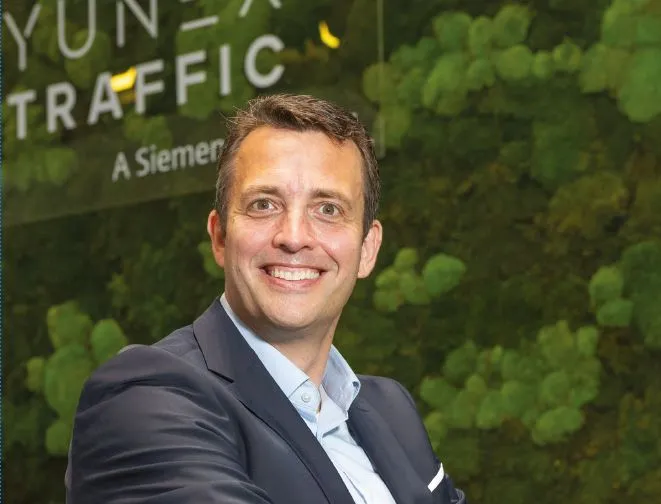Current and foreseeable policies to mitigate carbon-dioxide (CO₂) emissions from global transport activity will not suffice to achieve the international community’s climate ambitions, according to a new study published by the International Transport Forum (ITF). Continued strong growth in demand for mobility means that even in the most optimistic scenario, transport CO₂ emissions in 2050 will still be at 2015 levels of around 7.5 giga-tonnes, according to projections published in the ITF Transport Outlook 2
January 31, 2017
Read time: 2 mins
Current and foreseeable policies to mitigate carbon-dioxide (CO₂) emissions from global transport activity will not suffice to achieve the international community’s climate ambitions, according to a new study published by the 998 International Transport Forum (ITF).
Continued strong growth in demand for mobility means that even in the most optimistic scenario, transport CO₂ emissions in 2050 will still be at 2015 levels of around 7.5 giga-tonnes, according to projections published in the ITF Transport Outlook 2017.
This scenario already assumes that new technologies and changed behaviour lead to significantly less CO₂ being emitted in relation to the total distance travelled. In the ITF Transport Outlook’s less optimistic baseline scenario, a doubling of global transport demand will lead to an increase of transport CO₂ emissions of 60 per cent between 2015 and 2050.
A key factor for the difficulty in reducing transport CO₂ emissions is shifting global trade patterns. As trade moves to regions with a lack of rail or waterway infrastructure, greenhouse gas emissions from road freight will almost double. Driven by more trade among the region’s emerging economies, freight transport on intra-Asian routes will grow particularly strongly, by 250 per cent to 2050. Operational measures such as truck-sharing, route optimisation or relaxation of delivery windows to optimise use of transport capacity would help to mitigate the emission increases here.
ITF says urban mobility is another area of concern. Car use in cities is set to double by 2050, as fast-growing emerging economies meet mobility demand. According to the ITF analysis, cities can keep the number of cars constant at the 2015 level if they act now to put in place integrated land-use and transport policies, use pricing to manage mobility patterns and invest in accessibility through public transport.
According to ITF Secretary-General José Viegas, technology will provide about 70 per cent of the possible CO₂ reductions to 2050. He says, “The rest will come from doing things differently, and this is where there is still a lot of potential. We need to think much harder about things like shared mobility, changes in supply chains and even new transport modes.”
Continued strong growth in demand for mobility means that even in the most optimistic scenario, transport CO₂ emissions in 2050 will still be at 2015 levels of around 7.5 giga-tonnes, according to projections published in the ITF Transport Outlook 2017.
This scenario already assumes that new technologies and changed behaviour lead to significantly less CO₂ being emitted in relation to the total distance travelled. In the ITF Transport Outlook’s less optimistic baseline scenario, a doubling of global transport demand will lead to an increase of transport CO₂ emissions of 60 per cent between 2015 and 2050.
A key factor for the difficulty in reducing transport CO₂ emissions is shifting global trade patterns. As trade moves to regions with a lack of rail or waterway infrastructure, greenhouse gas emissions from road freight will almost double. Driven by more trade among the region’s emerging economies, freight transport on intra-Asian routes will grow particularly strongly, by 250 per cent to 2050. Operational measures such as truck-sharing, route optimisation or relaxation of delivery windows to optimise use of transport capacity would help to mitigate the emission increases here.
ITF says urban mobility is another area of concern. Car use in cities is set to double by 2050, as fast-growing emerging economies meet mobility demand. According to the ITF analysis, cities can keep the number of cars constant at the 2015 level if they act now to put in place integrated land-use and transport policies, use pricing to manage mobility patterns and invest in accessibility through public transport.
According to ITF Secretary-General José Viegas, technology will provide about 70 per cent of the possible CO₂ reductions to 2050. He says, “The rest will come from doing things differently, and this is where there is still a lot of potential. We need to think much harder about things like shared mobility, changes in supply chains and even new transport modes.”










